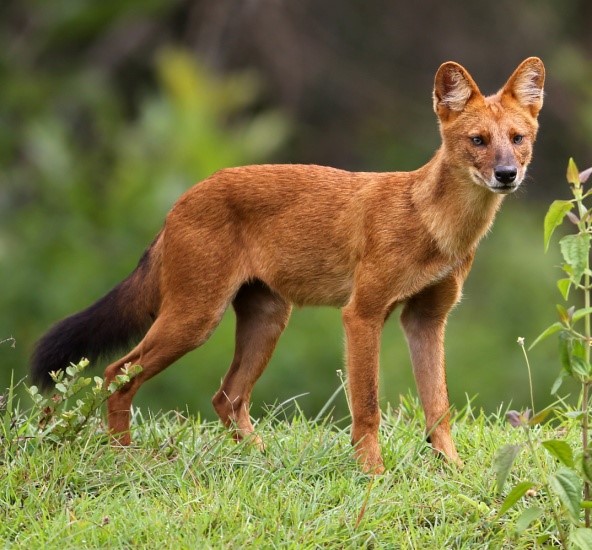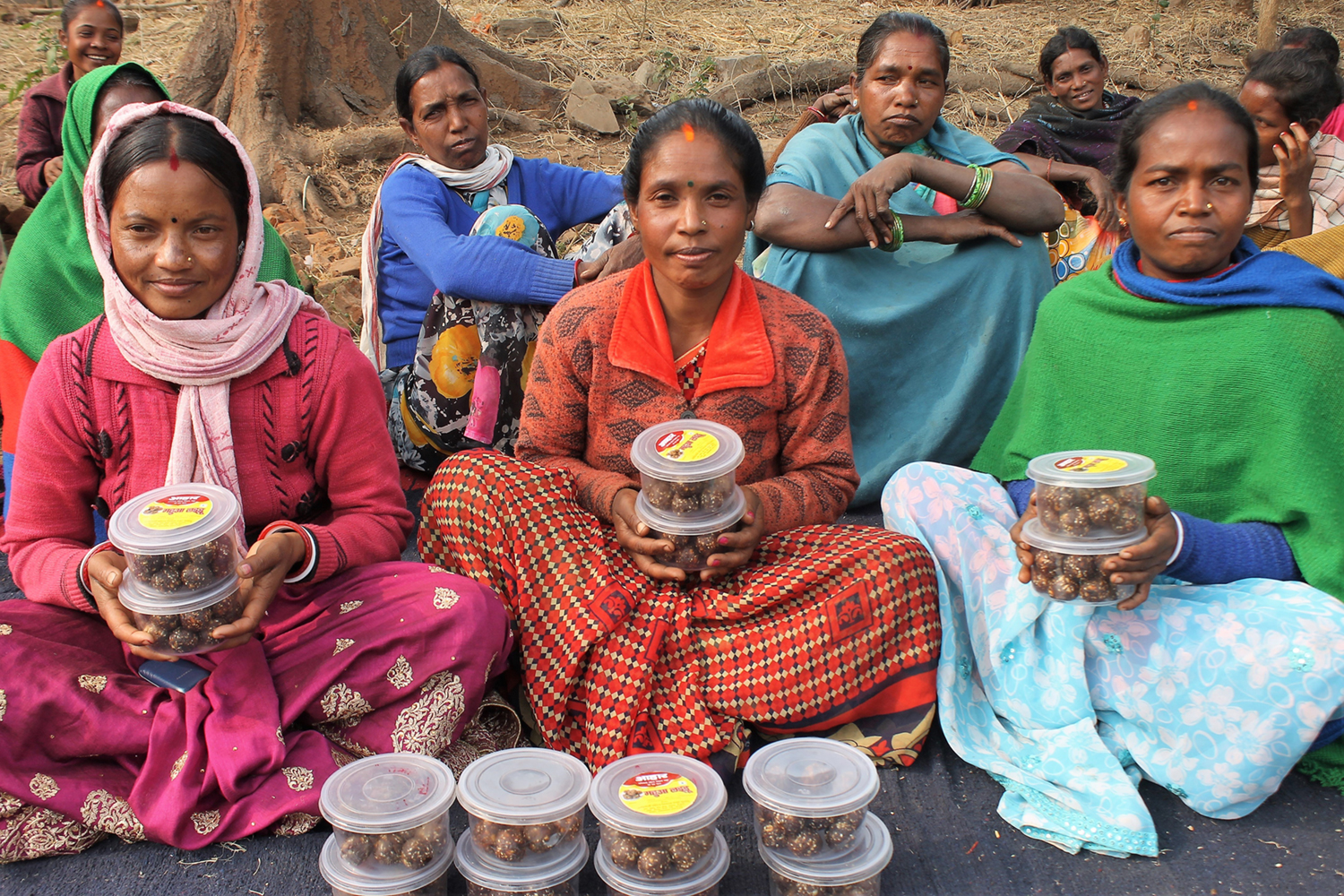Description
Context: A recent study on dhole or Asiatic wild dog, an endangered large carnivore, has found that the Wayanad Wildlife Sanctuary (WSS), a major habitat of elephants and tigers, is also host to a good number of dholes.
Dhole population estimation:
- The first ever study on the carnivore organised by the Wildlife Conservation Society–India, National Centre for Biological Sciences, Kerala Veterinary and Animal Sciences University, University of Florida, and Stanford University has found that the sanctuary has close to 50 dholes.
- It is the first attempt to estimate dhole populations through targeted surveys designed specifically for this species.
- A recent tiger survey showed that the sanctuary also has a relatively large tiger population, with 11 to 13 animals per 100 sq km.
- The fact that two large carnivores can coexist in such high densities is indicative of an abundant prey base and high quality habitat.
Method of estimation:
- Until now, there were no methods available to reliably estimate dhole populations.
- For the new study, scientists developed a scientifically robust method to estimate dhole numbers using genetic information and advanced population models.
- Field surveys were held across 350 sq km of the sanctuary to collect dhole scat (faecal droppings) in 2019 and DNA was extracted from it to identify unique dhole individuals.
- Combining this with sophisticated statistical methods called spatial capture-recapture models, researchers were able to estimate and map dhole numbers and density across the sanctuary.
- For species like dholes that do not have individual markings, genetic methods are the only way to get statistically robust estimates of population size.
Significance:
- The cutting-edge genetic tools to understand more about this endangered species will be critical for evidence-based conservation of dholes.
- The study was recently published in the international journal Biological Conservation.
About Dhole:
- It is a native species to Central, South, East Asia, and Southeast Asia.
- It is also called as Asian wild dog, Asiatic wild dog, Indian wild dog, whistling dog, red-dog, and mountain wolf.
- It play an important role as apex predators in forest ecosystems.
- Besides the tiger, the dhole is the only large carnivore in India that is under the International Union for Conservation of Nature’s ‘endangered’ category.
- India supports the highest number of dholes in the world, still do not have targeted management plans for scientific monitoring of the species.
- In tropical forests, the dhole competes with tiger and leopard, targeting somewhat different prey species, but still with substantial dietary overlap.
- It is listed as Endangered by the IUCN as populations are decreasing and are estimated at fewer than 2,500 adults.
- Factors contributing to this decline include habitat loss, loss of prey, competition with other species, persecution due to livestock predation and disease transfer from domestic dogs.

Wayanad Wildlife Sanctuary
- It is an animal sanctuary in Wayanad, Kerala, India. It is the second largest wildlife sanctuary in Kerala.
- This wildlife area houses some of the rare and endangered species of both flora and fauna.
- Established in 1973, the sanctuary is now an integral part of the Nilgiri Biosphere Reserve.
- It is bounded by protected area network of Nagarhole and Bandipur of Karnataka in the northeast, and on the southeast by Mudumalai of Tamil Nadu.
- It is part of the Deccan Plateau and the vegetation is predominantly of the south Indian moist deciduous teak forests.
- The wildlife sanctuary comes under Protect Elephant.
- Wayanad has the largest population of Adivasi in Kerala. Scheduled tribes here include Paniyas, Kurumas, Adiyans, Kurichiyas, Ooralis and Kattunaikkans.
https://www.thehindu.com/news/national/kerala/wayanad-sanctuary-a-haven-for-asiatic-wild-dog/article34290432.ece?utm_source=kerala&utm_medium=sticky_footer










